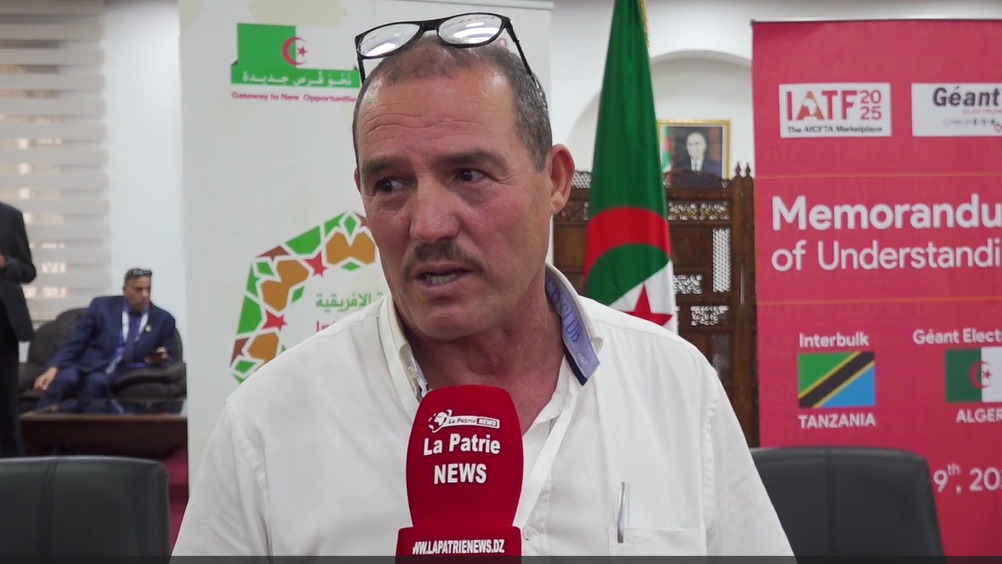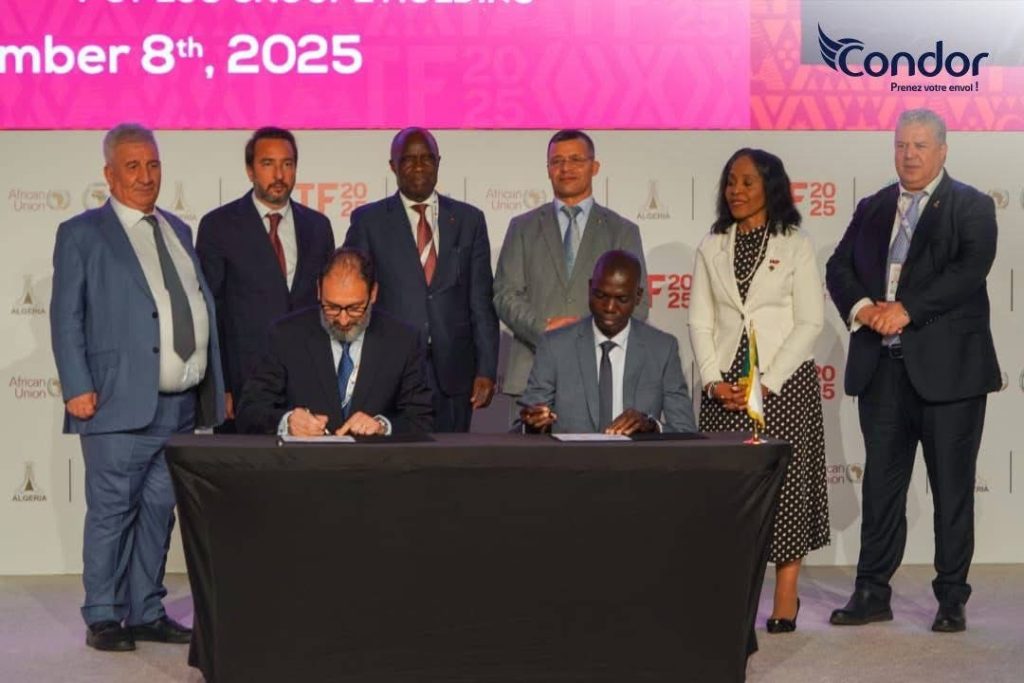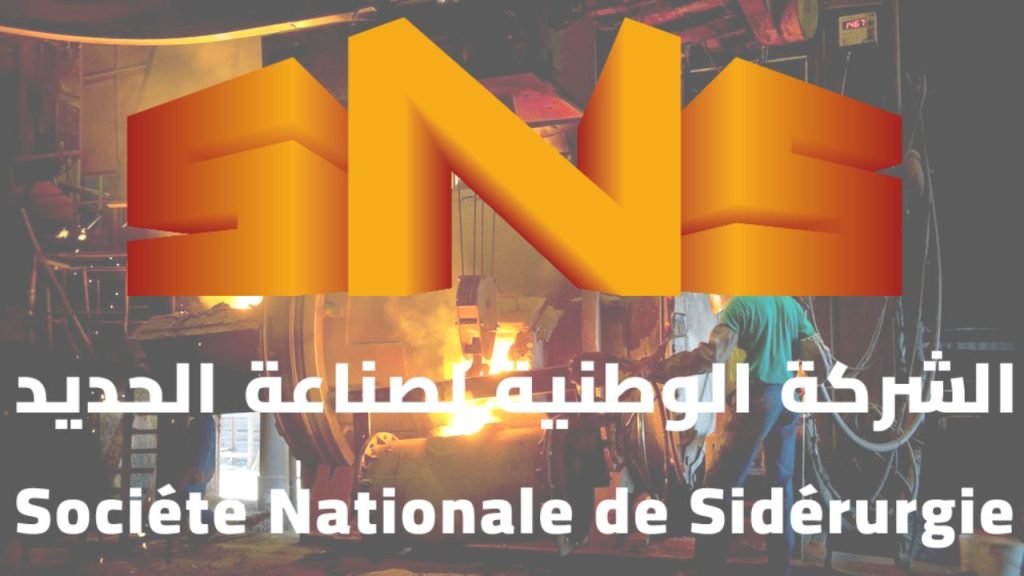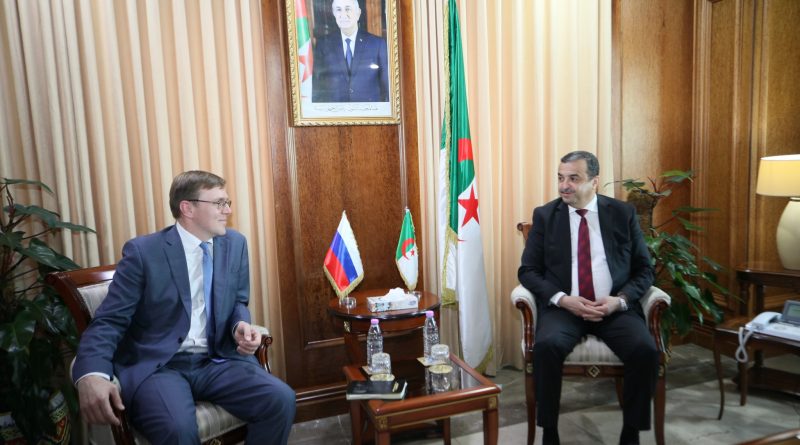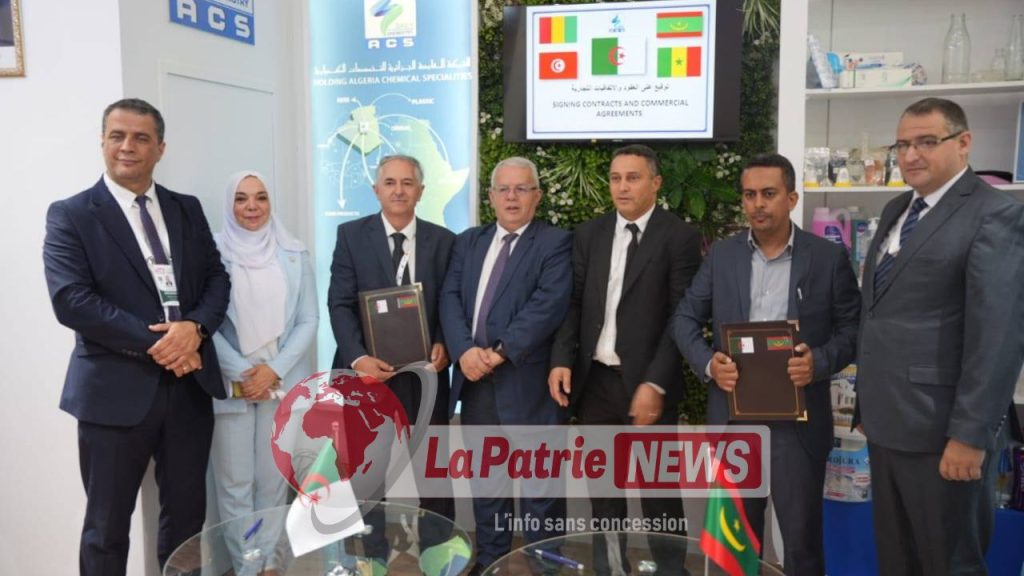| Discover Algeria | About us | Press area | Contact |
The text of the law published in the Official Journal: A new era for the national mining landscape
The Algerian mining landscape is entering a new era with the enactment of Law No. 25-12, published in the Official Journal No. 52 on August 7.
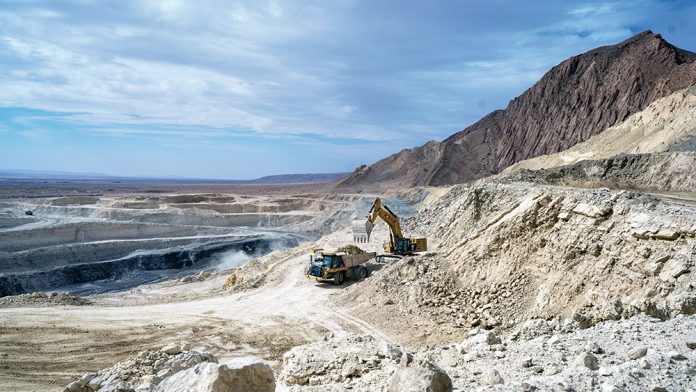
This ambitious text, structured into several titles and chapters, defines a rigorous legal framework for geological infrastructure activities and the exploration and exploitation of mineral or fossil substances.
The law distinguishes between two essential phases in mineral exploration. The first is mineral prospecting, which includes topographical, geological, and geophysical surveys, as well as site reconnaissance and other preliminary research aimed at identifying the mineralogical attributes and geological characteristics of a site.
Secondly, mineral exploration consists of in-depth studies of underground structures, drilling, evaluation, and analysis of the physical and chemical properties of minerals. This stage also includes an assessment of the economic feasibility of bringing the deposit into production.
Strict rules for mining exploration and exploitation
The law thus establishes strict regulations for the exploration and exploitation of mines and quarries. According to Article 87 of the law, the National Agency for Mining Activities issues exploration permits to anyone who applies for one in an unclaimed area, subject to approval of the research plan. According to Article 88, this permit is valid for a maximum period of four years, with the option for the holder to request up to two two-year extensions.
Furthermore, Article 90 grants inventor rights to the holder of an exploration permit who has discovered a commercially exploitable deposit, thereby guaranteeing them priority in obtaining an exploitation permit.
The granting of an operating permit is conditional upon the approval of a deposit development plan that includes environmental protection and post-exploitation management measures (Article 91). Article 99 stipulates that mining operating permits are granted for a maximum period of thirty years, renewable depending on reserves, with each extension not exceeding twenty years. For quarries, the maximum duration is set at fifteen years, with possible renewals of up to ten years (Article 102).
In addition, Section 95 requires the holder of an exploration permit who has identified a workable deposit to legally file the geological information and report at least one month before the permit expires.
Participation of domestic companies set
The law also establishes mechanisms aimed at strengthening the presence of Algerian companies in mining projects. Article 101 of the law stipulates that the national company shall hold up to 20% of the capital of the legal entity governed by Algerian law, wholly or partly owned by foreigners, when that legal entity applies for a mining permit.
Unless otherwise decided by the national company, the rate of this participation may not be reduced in the event of an increase in the share capital of the legal entity referred to in the above paragraph.
However, the law states that the national company and the foreign party may agree on a stake exceeding 20% in the capital of the legal entity governed by Algerian law, if the economic interest is justified for both parties. It is also stated that in the case of competitive bidding, the national company's shareholding in the capital of the legal entity governed by Algerian law is not limited and may exceed 20%.
Furthermore, concerning quarry operating permits, Article 102 of the law states that they are granted exclusively to legal entities governed by Algerian law whose capital is held by Algerian legal entities or individuals to the tune of at least 51%.
With this law, Algeria is adopting a modernized legislative framework that promotes both investment and the protection of national interests. By strictly regulating the stages of exploration and exploitation, while strengthening the participation of local companies, the text aims to reconcile economic development and resource conservation. This reform is part of a broader effort to develop the country's mining potential, while ensuring that this windfall primarily benefits the national economy.











